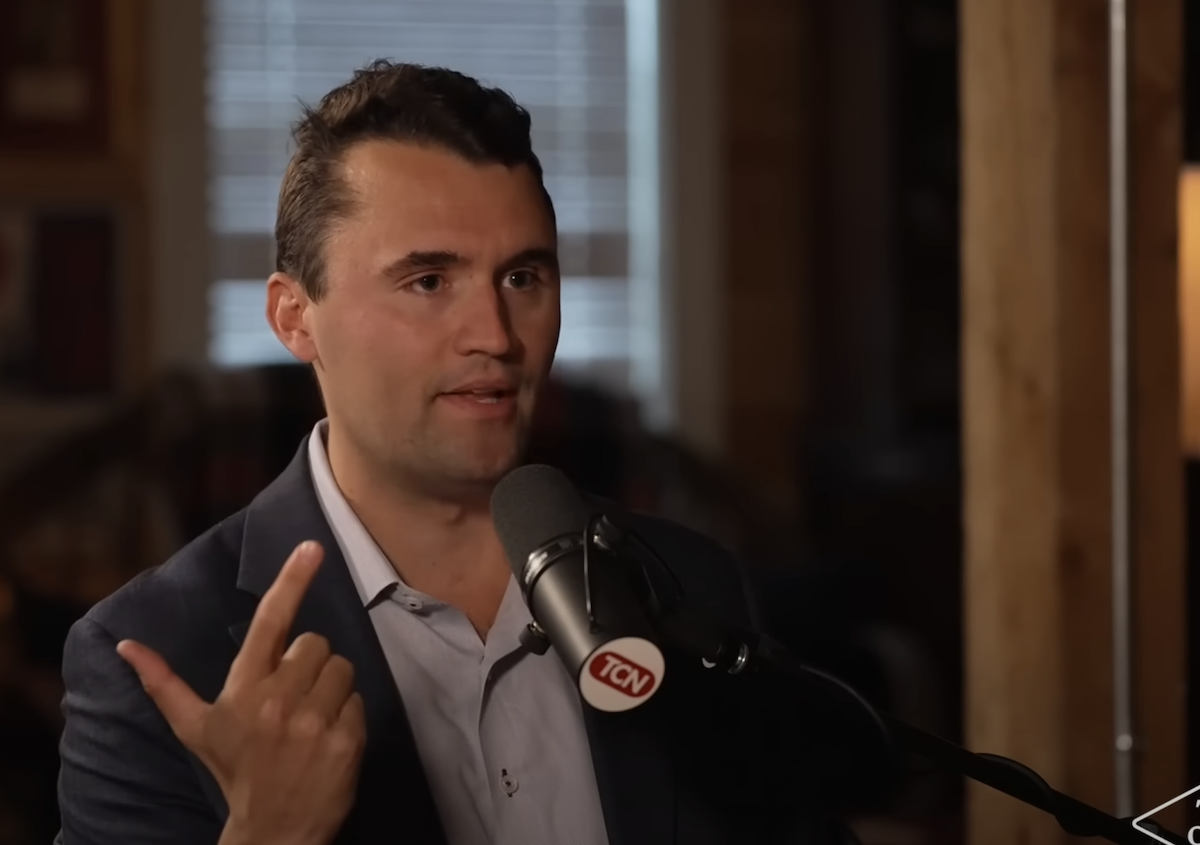Charlie Kirk, a prominent conservative commentator, was assassinated just one day after he discussed the politicization of violence in a podcast interview. In that conversation, he referenced the murder of Iryna Zarutska, stating, "I don’t like politicizing situations like [the murder of Iryna Zarutska], but it just necessitates it because there are so many dynamics at play here." Kirk's assassination has since sparked discussions about the political implications of such violence.
Explainer Charlie Kirk Overview
Kirk's death has been framed by some as a reflection of the current political climate, particularly regarding the rhetoric used by Democratic leaders. Recently, Democratic National Committee Chairman Ken Martin expressed frustration with the party's approach, stating he was "sick and tired of this Democratic Party bringing a pencil to a knife fight," suggesting that Democrats need to adopt a more aggressive stance.
In the wake of Kirk's assassination, some commentators argue that right-wing individuals have been overly optimistic in their belief that debates and facts can sway public opinion. They contend that when faced with opposition that resorts to violence and legal maneuvers, traditional methods of discourse may no longer suffice.
The notion of deterrence through political means has emerged as a key theme in discussions surrounding Kirk's death. Some argue that without a clear understanding of reciprocal political consequences, the political landscape risks becoming dominated by a single party, undermining the principles of democracy.
While acknowledging that violence does not justify further violence, some commentators emphasize the need for right-wing leaders to adopt a more assertive approach in response to perceived threats. This includes pursuing aggressive legal actions and investigations into the motivations behind leftist actions.
The sentiment expressed by Kirk in his final podcast, where he stated, "Excuse me when all of a sudden I try to make the left live by their own moral standard," reflects a broader call for accountability and a reassessment of political strategies in light of recent events.
As the political discourse continues to evolve, the implications of Kirk's assassination may serve as a catalyst for a more confrontational approach among conservatives, as they seek to navigate a landscape marked by increasing tensions and violence.
Why it matters
- Charlie Kirk's assassination highlights the escalating politicization of violence in the current political climate.
- His death raises concerns about the effectiveness of traditional political discourse amid rising aggression.
- The incident has sparked debates on the need for right-wing leaders to adopt more assertive strategies in response to threats.
What’s next
- Investigations into the motivations behind Kirk's assassination are expected to commence soon.
- Political leaders may face increased pressure to address the implications of violence in political rhetoric.
- Upcoming discussions among conservative groups will likely focus on strategies for navigating heightened tensions.

